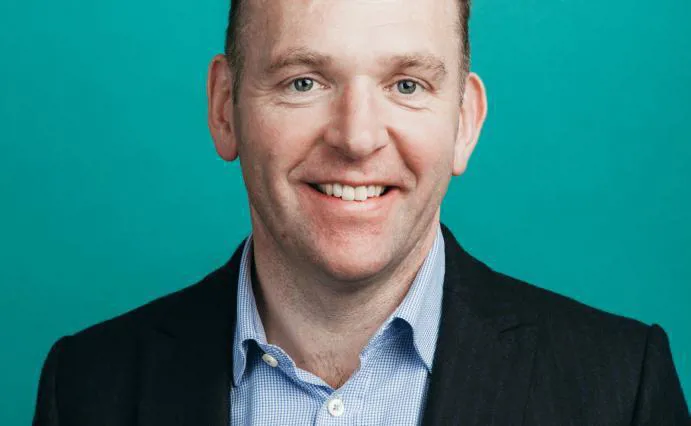Materials Recycling Weekly Editor, Paul Sanderson, Interviews First Mile’s CEO.
First Mile’s offices are at the top end of London’s highly fashionable Islington area and in exactly the sort of urban location its customers come from. This relatively new company is taking on the big boys by focusing purely on waste created by commercial businesses in city centres – at the moment London and Birmingham with more cities planned. Founded by its chief executive Bruce Bratley in 2004, the company won the Recycling and Waste Management Business of the Year in 2009 at the National Recycling Awards with the judges very impressed by the business model and achievements of this company.
So what is the model it uses?
“We provide a complete recycling and waste management service for city centre businesses,” says Dr Bratley. “We collect from bins and bags. We collect at times that suit customers’ requirements and we provide the service at very low cost in a competitive environment.
“In addition, we provide a full suite of reporting, which gives the customer a breakdown on their recycling achievements by volume, by material and destination. That reporting is then backed up by full financial reporting, which the customer can get by logging onto the web app and viewing their entire account.
“We have evolved the way we think about the waste services market. Traditionally, I think the waste industry were looking at recycling and waste in a pipe-end way. If you take an office for example, with 1,200 people, perhaps producing 100 tonnes of waste per year, we will take that office building and with material that traditionally went to landfill, we’ll introduce a mixed office recycling service, get the recycling to 80% quite quickly, and get the client towards achieving their objective, which is the common objective at the moment of zero waste to landfill.
“So once we’ve very quickly got the recycling rate up to 80%, then the balance – the other 20% – we will work very closely with the client to get that down to a zero landfill. The services that we offer can cater for those. We then provide the full set of reporting so that the client can see how they are progressing towards their mission of zero landfill.”
First Mile’s customers include offices with 500 to 1,200 people in them producing 50 to 100 tonnes of waste, city-based distribution centres, and retail chains. Other than typical office recycling streams such as paper, the company also recycles batteries, WEEE, food waste and confidential waste destruction among others.
Potential customers simply phone up and give their preferred collection time. They order sacks which are usually delivered next day, and collections start immediately. These sacks cover the cost of the collection, so for a medium sized mixed recycling sack, it only costs 89p. For a large mixed recycling sack it is 99p. While a WEEE recycling sack is £25. Customers are invoiced on the amount of sacks they have bought, but the company will also do large bins and rubbish clearances. When the waste is collected, it is sent to be processed by other partners First Mile works with.
Winning the National Recycling Award last year was a real success for this company as it was up against some of the major players in the sector.
“My team and the company are absolutely delighted to have won the award. It is a great achievement for us in 2009 and it puts us firmly on the map as a robust and established waste and recycling company. I’m very delighted and the team have worked very hard for that and the customers are benefiting from our services and the suppliers we work with have helped us win that award, so I am very pleased with that.”
He also believes that this is an indication of the evolving waste market.
“There is a move now to customers wanting much more recycling, but in addition, they want it at low cost as they are very price sensitive at the moment, and they want high levels of reporting and a system that is easy to understand and works well for them.”
Bratley is among the new breed of entrepreneurs working in the waste sector, seeing opportunities where others may have missed them. I ask him if he sees more individuals wishing to set up new businesses in recycling and waste.
“There is certainly more entrepreneurship in the sector and that is to be encouraged. First Mile was set up because we thought there was a gap in the market. We took something that was a traditional thing – collecting waste – from clients and we have introduced a lot of technology to that, which is our web app and this enables us to drive operational efficiencies and make the business more profitable. But we have also added a very sophisticated front end.
“So we are very good at recruiting businesses and we have about £4 million of work in the pipeline at the moment. We are very good at converting those customers, rolling them out, and managing them on a day-to-day basis so that they get a very high level of service and are getting it at low cost because of the systems we’ve developed that drive cost out and we can pass that saving onto the client.”



